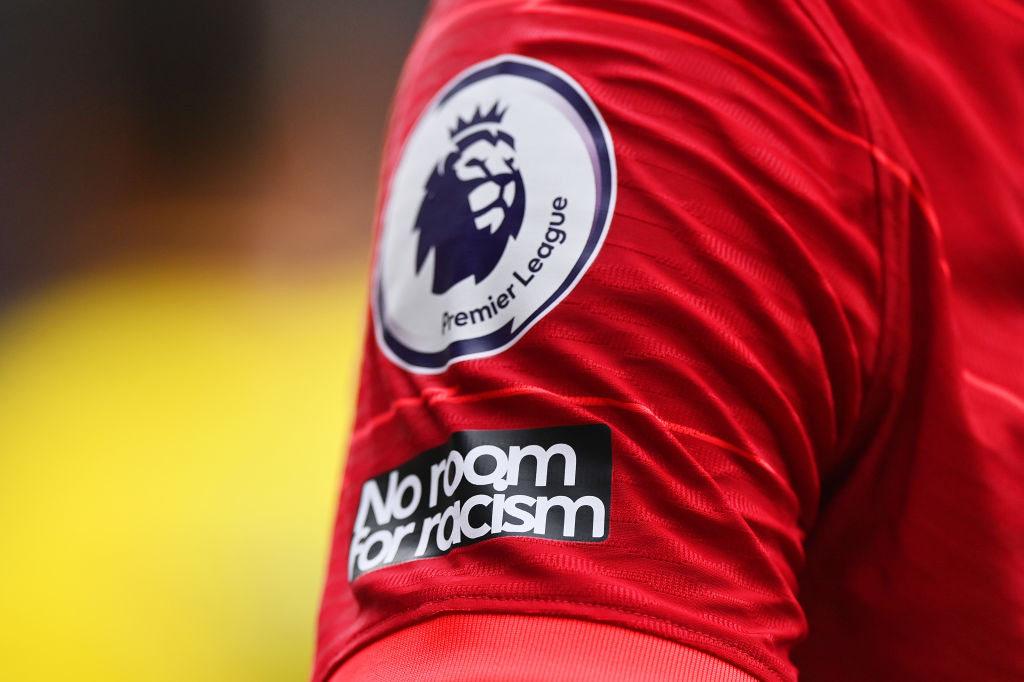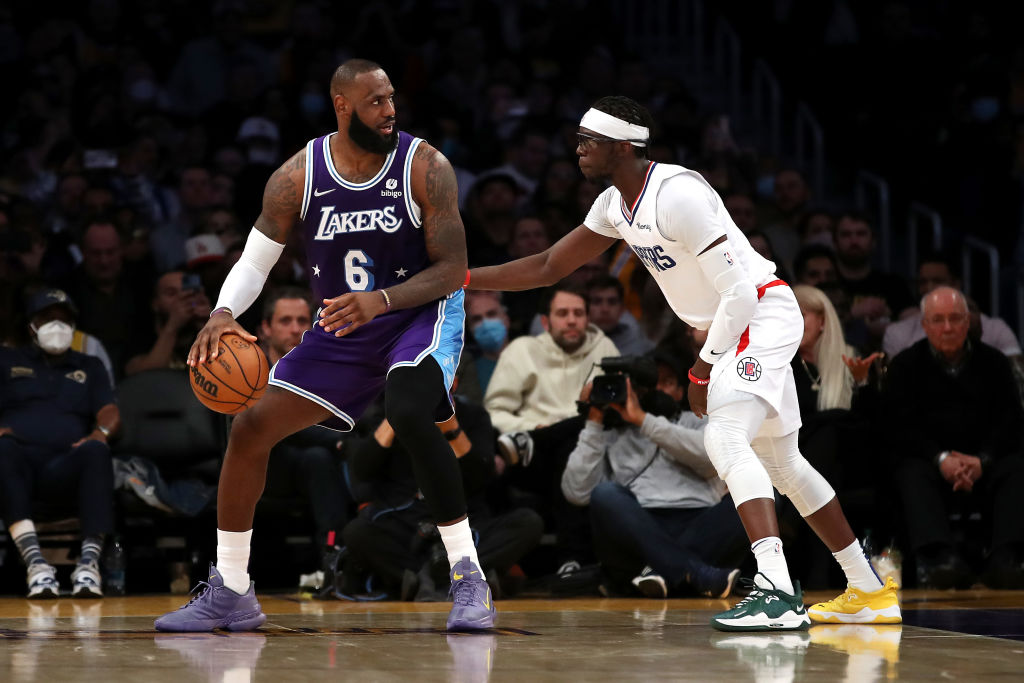Premier League takes slow road to first NFT deal

Driven by the extraordinary early success of the NBA’s Top Shot digital collectibles, NFTs were the talk of the sports industry when the Premier League dipped its toe into the market last year.
It launched a tender process, inviting bidders to submit proposals for a range of officially licensed Premier League NFTs, which was due to be concluded by the end of 2021. That deadline came and went, however, and two months later no decision has yet been made.
The delay reflects both the complexity of creating a new product but also the reputational and regulatory minefield that entrants to the NFT market must now navigate.
It is easy to see why the Premier League was tempted to market, by which time the NBA’s Top Shot had racked up $600m in sales in the first half of last year.
The range of video clips of key moments from the US basketball league was launched with Dapper Labs, who built the platform on which some fetch more than $200,000.
Sorare, meanwhile, showed football was ready for NFTs with its digital trading cards. The French company, whose investors include former England star Rio Ferdinand, raised £500m in funding last year and struck a deal with Spanish football’s LaLiga.
“The reason the Premier League looked at this is because of the success of something like Top Shot,” said Tim Mangnall, chief executive of NFT consultancy Capital Block.
“They are the biggest football league in the world, they’re the most watched, they’ve got some of the best players and goals in the world.
“And the fact that you could therefore own one of those goals through an NFT – the demand is 100 per cent there and it is going to tap into a new, younger digital demographic.
“There will of course be a revenue element to it because there’s the opportunity to drive a completely new line, but also create a closer bond with the people buying these NFTs.”
Top Shot and Sorare are significantly different products, however, and illustrate that the possibilities for digital collectibles are wide-ranging.
With that in mind, the Premier League made clear that it retained an open mind on what its NFT offering might look like when it invited proposals.
It received around 30 bids during the autumn and, having pushed back its year-end deadline, had shortlisted four by the middle of last month: from Dapper Labs, Sorare, ConsenSys and Candy Digital, reportedly ranging in value from £220m to £434m.
The Premier League has not commented on the process but it is understood that it is continuing to work through its options. Industry sources said clubs could discuss the matter this week.
Why a Premier League NFT has taken months
The slow progress shows it is being “really mindful of the risks”, said Simon Leaf, head of sport at law firm Mishcon de Reya. “But clearly there are revenue streams that the Premier League and its clubs are missing out on.”
The Premier League has faced a raft of complex considerations, from IP to ensuring the long-term usefulness of its NFTs, and whether to create its own marketplace on which they can be sold and traded or use a third party, like NBA Top Shot and Dapper Labs.
Its lawyers must ensure any sales are compliant not just with UK law but with that of any other major markets, while there are questions around whether any NFT provider would need to be authorised by the Financial Conduct Authority.
The process has been aided, however, by the Treasury leaving NFTs out of its review of cryptocurrency assets. But Sorare itself is in the regulatory spotlight, the subject of ongoing enquiries from the Gambling Commission over its fantasy football game.
Then there are the reputational concerns, heightened by some high-profile recent episodes involving crypto and blockchain related companies in football.
Barcelona and Manchester City were both forced to ditch short-lived sponsorship deals from the sector in November, the former in relation to alleged crypto-fraud and the latter after questions were raised about the identity of their new partners.

Crypto-necessitating fan token company Socios has seen its stratospheric growth followed by a backlash from some supporters, while a range of NFTs promoted on social media by former England captain John Terry drew unwanted attention from IP lawyers.
Some clubs have been guilty of looking for a quick buck, says Mangnall, when they – and the Premier League – should see NFTs as collectibles with a real-world use that will only have value over a longer period.
“Ultimately I think an NFT is about driving fan engagement and it should be positioned as that if it’s done in the right way,” he said.
“If you’re starting from money, and if you’re looking at anything less than a three-year roadmap, it’s not going to work. We are so far away in terms of mass adoption of NFTs – it’s still quite a complicated, misunderstood concept.”
The Premier League could end up doing separate deals for a Top Shot-style video NFT with Dapper Labs and a trading card licence with Sorare, suggests Mangnall, who has advised several English clubs.
“Dapper is the leader in this field and has worked in probably the most cut-throat sports market in the world. But I’d say do Sorare as well because they are not conflicting products,” he said. “Why would you not?”
Leaf, a sports and technology specialist, expects the Premier League to stick to one partner for now.
“I don’t think it will necessarily be the highest bidder though, because of the issues that certain clubs have faced with partners who have promised the world and then effectively vanished,” he added.
“I would be surprised if we see something exactly the same as NBA Top Shot. The world and the technology solutions available have moved on since that was launched.”
